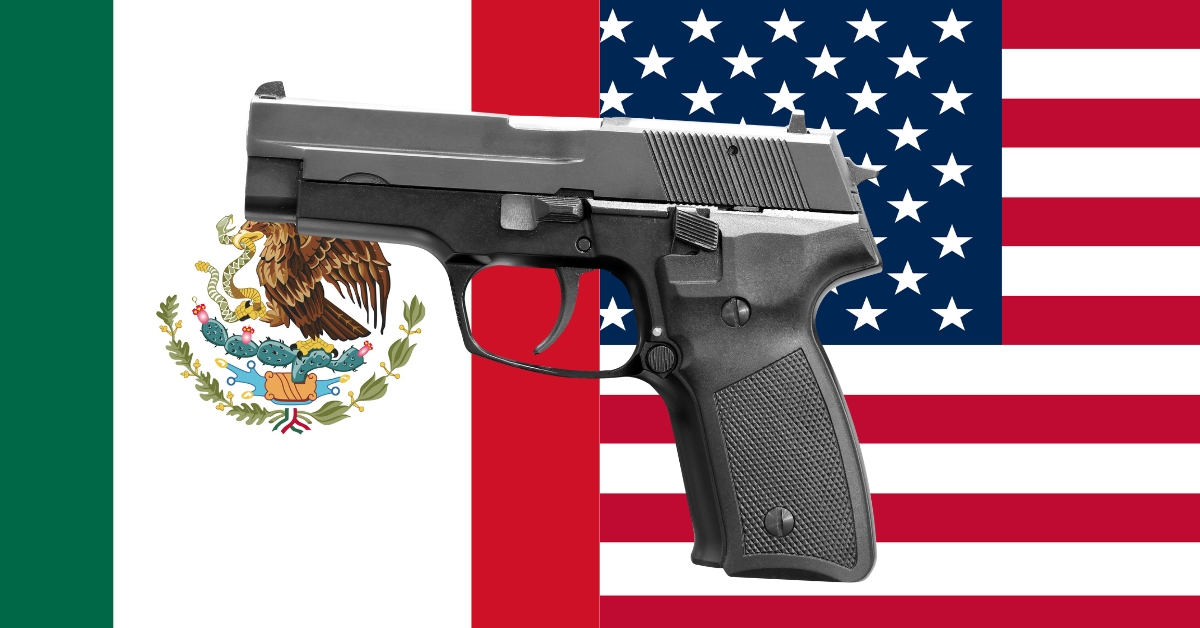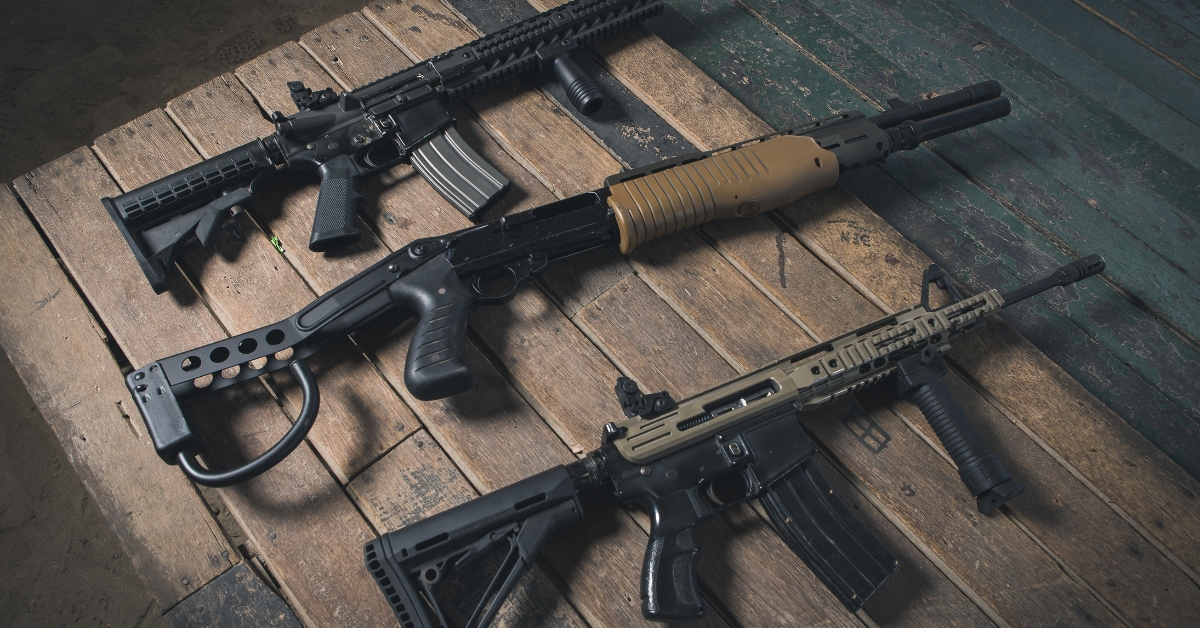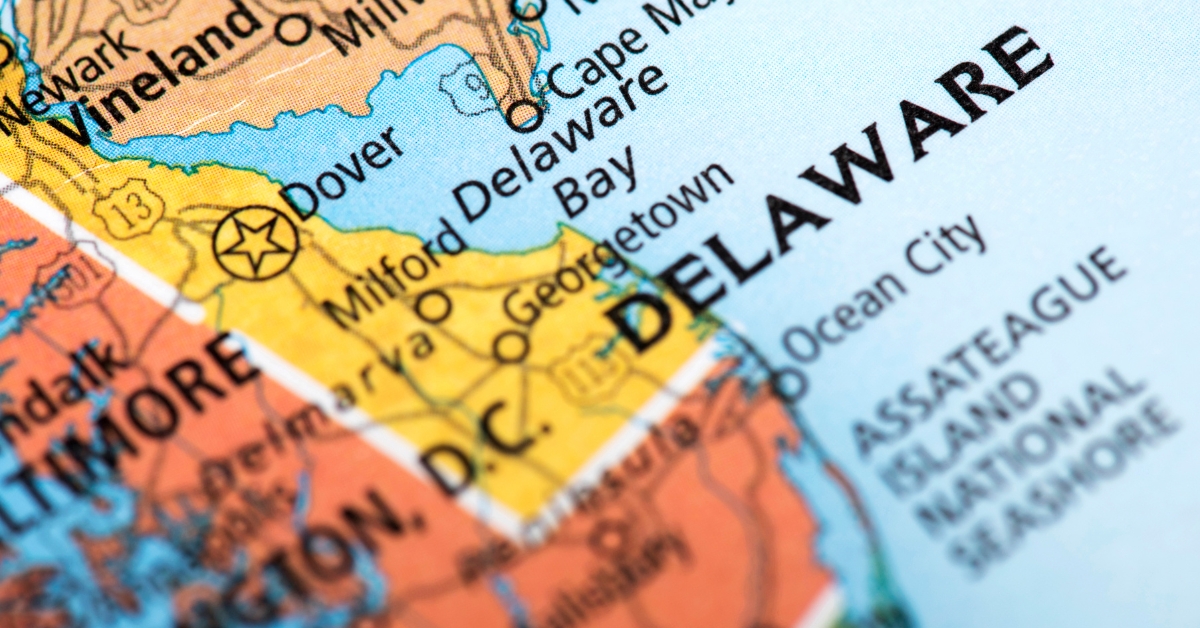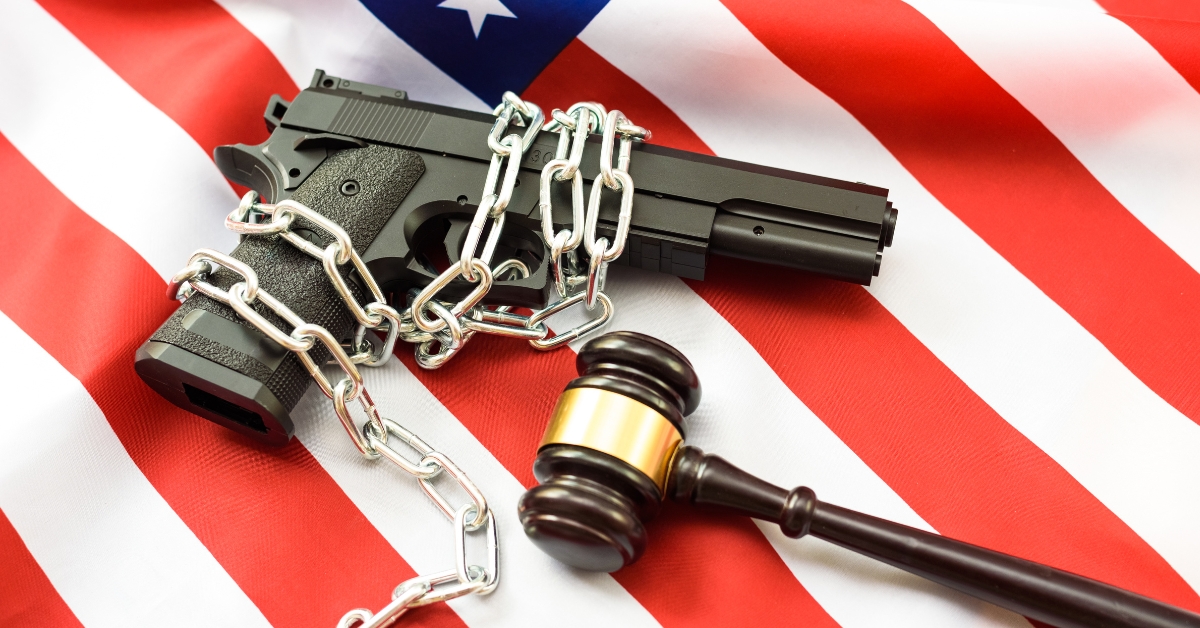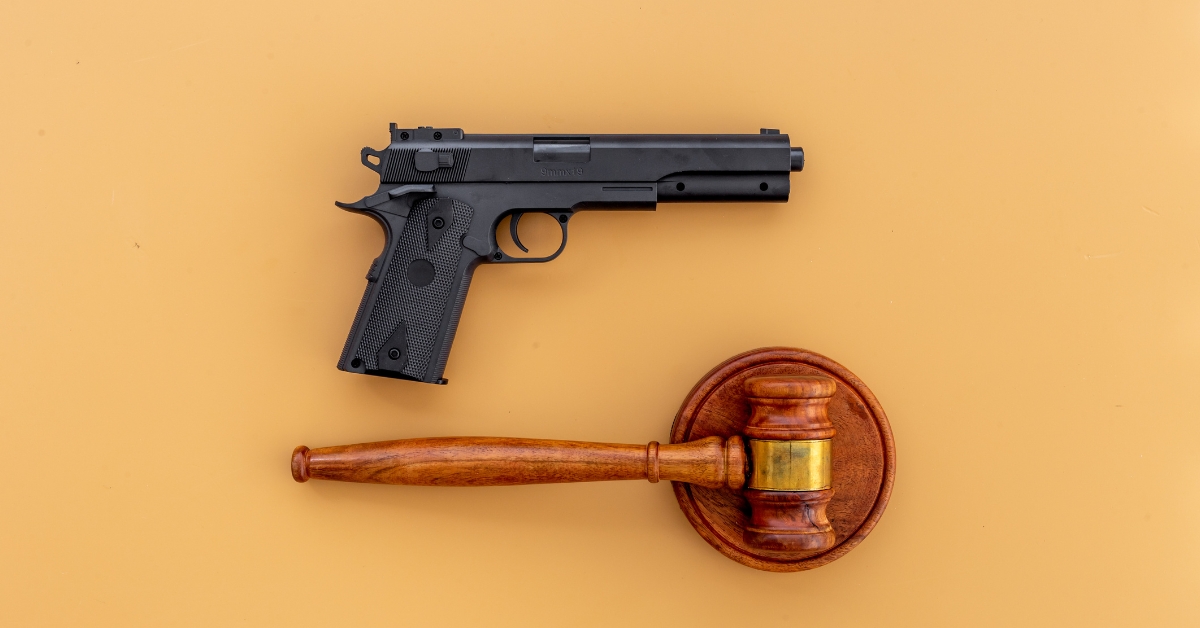
NYC Bodega Association Helps Workers Obtain Gun Permits
In the wake of the Supreme Court’s landmark decision in New York State Rifle & Pistol Association v. Bruen, the United Bodegas of America (UBA) has taken a proactive stance, offering assistance to workers seeking legal armament. The Court’s decision, which struck down a restrictive New York law on carrying concealed firearms, has opened the door for individuals, including bodega workers, to exercise their Second Amendment rights more freely.
Fernando Mateo, co-founder of UBA, has been at the forefront of this effort, urging bodega workers to obtain legal firearms for self-defense. He emphasized the need for workers to be prepared for potential physical or armed attacks. The Supreme Court’s decision has played a pivotal role in dismantling barriers that previously hindered individuals from applying for pistol permits.
However, the initiative has not been without its critics, particularly in a city with a historically strict stance on firearm regulations. Dr. Iesha Sekou, founder of Street Corner Resources, expressed skepticism, questioning whether arming bodega personnel would effectively deter violent behavior. Security expert Manny Gomez, a former FBI special agent, echoed concerns about the potential misuse of firearms in confrontations, suggesting that untrained individuals could escalate situations dangerously.
The debate raises broader questions about the right to self-defense and the practical implications of allowing bodega workers to carry concealed firearms. While critics emphasize the risk of unintended consequences, proponents argue that empowering individuals with the means to protect themselves is a fundamental right.
Despite the ongoing dialogue, UBA claims to have made significant strides since June 2022, when the Supreme Court decision was handed down. Mateo revealed that the association has been quietly aiding workers in obtaining carry permits, with several hundred bodega employees reportedly securing their licenses. However, details regarding the approval process and potential rejections by the NYPD Licensing Bureau remain undisclosed.
In a city known for its bureaucratic hurdles, the slow pace of permit approvals has become a point of concern. Since the Court’s Bruen decision, there has been a surge in gun permit applications, but the NYPD — at least initially — was not keeping up with processing them. It seems likely that the NYPD is not in compliance with New York state law, which requires these applications to be processed within six months; but Mateo hasn’t specified the duration of workers’ waits for permits or the number of rejections.
The discussion around arming bodega workers reflects a larger cultural shift, challenging the conventional norms of firearm regulations in urban settings. The Supreme Court’s decision has catalyzed efforts to redefine the boundaries of Second Amendment rights, prompting organizations like UBA to advocate for the legal armament of workers. As the debate continues, the tension between individual rights, public safety concerns, and the bureaucratic machinery of permit approvals remains at the forefront of this evolving narrative.
